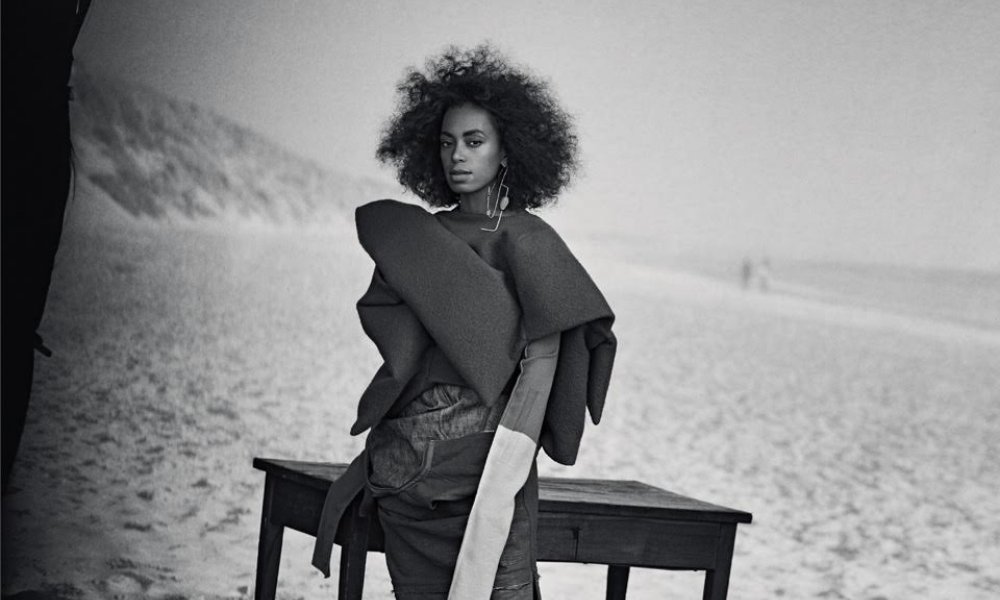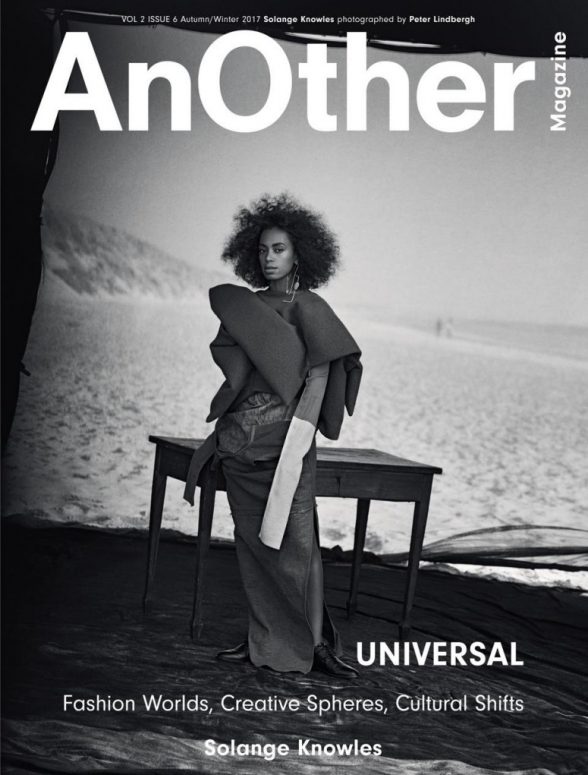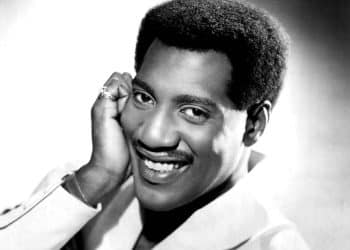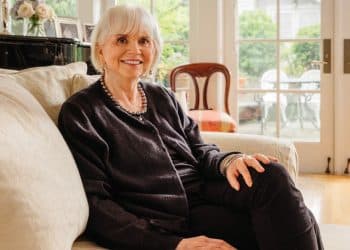Solange Knowles is the latest cover story feature for AnOther Magazine; In her sit-down, she touches on her socially-infused breakthrough album, A Seat at the Table, racism, identity, positivity, pride, and more.
Check out some excerpts from the cover story below and visit anothermag.com to read the full article.
On creating awareness with A Seat at the Table:
“I’d love to say, ‘Yes I worked on the album, delivered it and it solved all of my problems and all of the complexities for me,’ but it didn’t. I’m trying to work through everything I felt on the album, it’s a work in progress.”
On why she made the album:
“I made this record to find some sort of reconciliation with myself and how I acted… It’s been really interesting trying to figure out how to have that conversation with the people who love this record because I had to do this album to try to make myself a better human. It’s been so wonderful and humbling when you start at the root of that and then see how it can grow”
On owning her art:
“When I look back, there had been a number of things that had happened personally. There were other explorations that I was working through to just be comfortable in saying, ‘You know what? This is the work of a black woman’, and being confident in saying that and not trying to make it universal and dumb that down. I am so grateful to have other black women artists and writers like Claudia who have helped me reach that point – to be able to have ownership of my artistic journey.”
On being a creator from an early age:
“I mean this sort of thing started when I was probably about three. When I got to the fourth grade, there was a statewide contest in the district. United Way was looking for a new jingle and they had a contest for elementary and middle-school students to submit a song to be debuted on a commercial. I had always written my thoughts and poetry in my little journal but I guess I had never thought about the construct of songwriting that much. I was nine. So I came up with the melody first, and I felt really strongly about my melody and still remember it today. Then I went back and filled in the lyrics, which were really simple and straightforward. I recorded it and sent it in and about two months later found out that I won. That instilled a lot of confidence in me in terms of how I could communicate musically. I grew up in a house full of women, so being the youngest I felt it was increasingly difficult for me to convey my perspective and point of view.”
Hit next to view more photos:
Since 2005, Singersroom has been the voice of R&B around the world. Connect with us via social media below.







